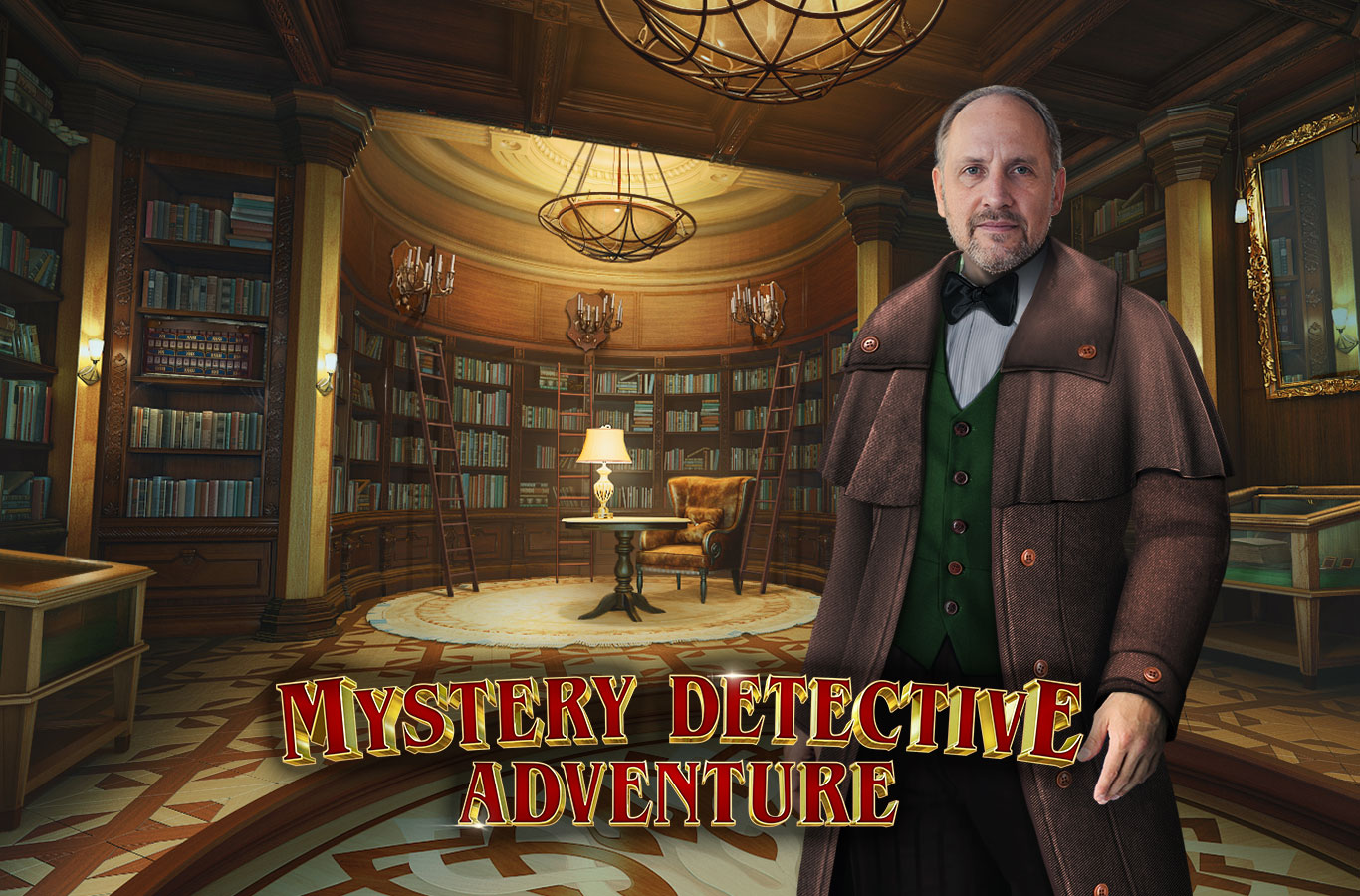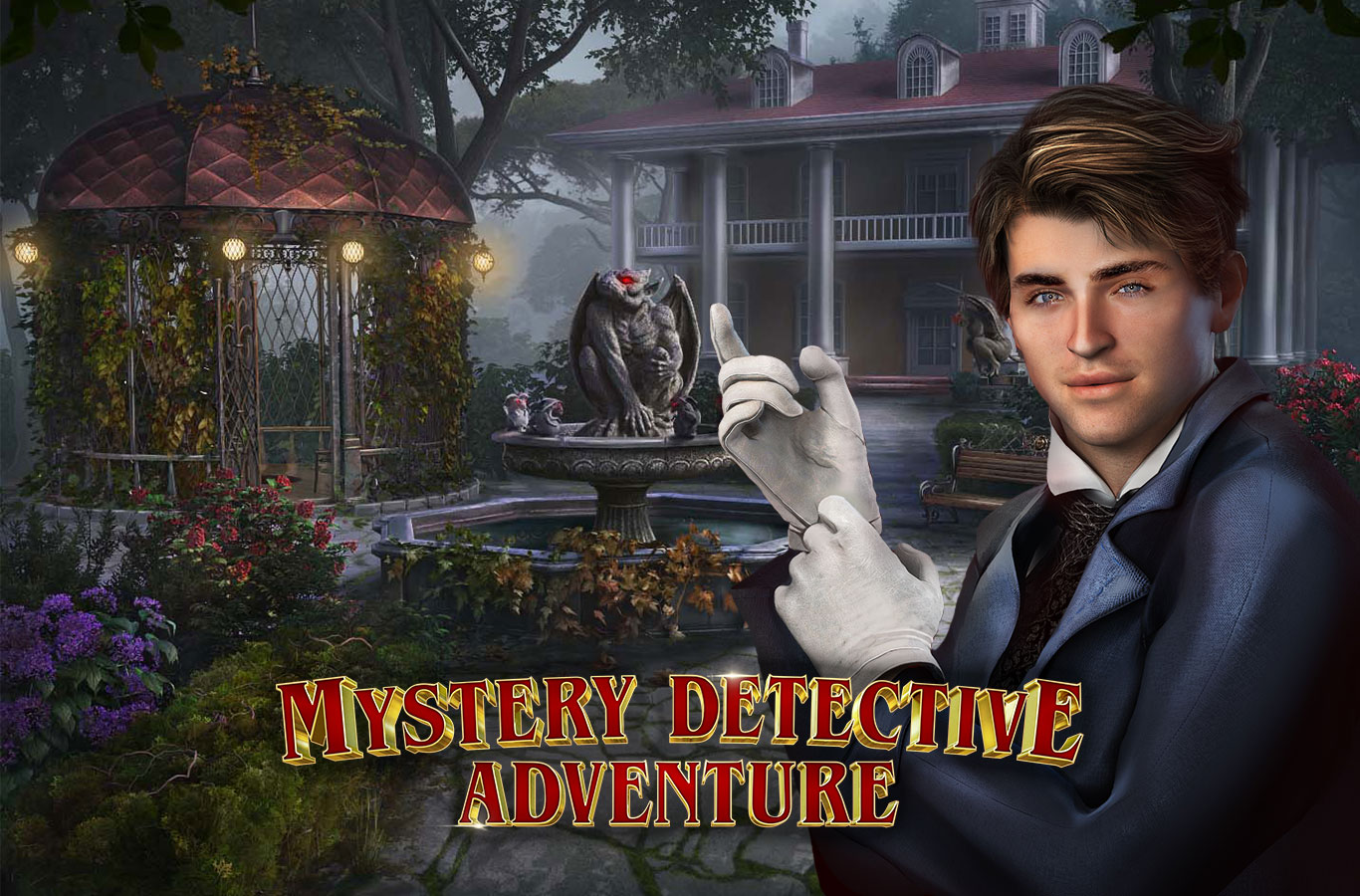
Cracking the Case: A Deep Dive into the Enduring Appeal of Detective Adventure Games
For decades, the allure of the unknown, the thrill of the chase, and the satisfaction of solving a complex puzzle have captivated players in the realm of detective adventure games. From pixelated point-and-clicks to sprawling open-world investigations, this genre offers a unique blend of narrative, puzzle-solving, and character interaction that continues to resonate with gamers across generations. But what exactly makes these games so compelling? What are the core elements that define them, and how have they evolved over time? Let’s delve into the world of detective adventure games and unravel their enduring appeal.
The Essence of Deduction: Core Elements of the Genre
At their heart, detective adventure games are about unraveling mysteries. They place the player in the shoes of a detective, tasked with gathering clues, interviewing suspects, and ultimately piecing together the truth behind a crime, conspiracy, or other perplexing situation. Several key elements contribute to this core experience:
-
Compelling Narrative: A strong narrative is the backbone of any good detective game. The story must be intriguing, with twists and turns that keep the player engaged and motivated to uncover the truth. Memorable characters, both allies and adversaries, further enrich the experience. The narrative often explores themes of morality, justice, and the complexities of human nature.
-
Puzzle-Solving and Deduction: The detective work itself is paramount. This involves a variety of puzzles, from logic puzzles and riddles to deciphering codes and analyzing evidence. Players must carefully observe their surroundings, collect clues, and use their deductive reasoning skills to connect the dots. The satisfaction of cracking a particularly challenging puzzle is a key reward in these games.
-
Investigation and Exploration: Detective games often involve exploring detailed environments, searching for hidden objects, and examining crime scenes. This exploration can range from meticulously searching a single room to traversing sprawling cityscapes. The level of detail in the environment is crucial, as it often provides subtle clues and enhances the sense of immersion.
-
Character Interaction: Talking to witnesses, suspects, and informants is an integral part of the detective process. Players must carefully analyze dialogue, looking for inconsistencies and hidden meanings. Dialogue choices often have consequences, shaping the course of the investigation and impacting the player’s relationship with other characters.
-
Atmosphere and Tone: The overall atmosphere of a detective game is crucial to creating a sense of immersion. Whether it’s the gritty realism of a noir thriller or the eerie suspense of a paranormal investigation, the game’s visuals, music, and sound effects must work together to create a believable and engaging world.
A History of Intrigue: Tracing the Genre’s Evolution
The roots of detective adventure games can be traced back to early text-based adventures like "Colossal Cave Adventure" and "Zork." These games relied heavily on the player’s imagination and problem-solving skills, requiring them to type commands to interact with the virtual world and solve puzzles.
The arrival of graphical adventure games in the late 1980s and early 1990s marked a significant turning point. LucasArts and Sierra On-Line became pioneers of the genre, producing classics like "Maniac Mansion," "The Secret of Monkey Island," and "King’s Quest." These games featured colorful graphics, memorable characters, and humorous storylines, often incorporating detective elements into their narratives.
However, it was games like "Police Quest" and "Gabriel Knight: Sins of the Fathers" that truly embraced the detective genre. These games offered more realistic and mature storylines, focusing on police procedures, criminal investigations, and occult mysteries. "Gabriel Knight," in particular, stood out for its compelling narrative, complex characters, and challenging puzzles.
The mid-1990s saw the rise of full-motion video (FMV) games, which used live-action footage to create a more immersive experience. While many FMV games were poorly executed, some, like "Under a Killing Moon" and "The 7th Guest," successfully integrated detective elements into their gameplay.
The late 1990s and early 2000s witnessed a resurgence of point-and-click adventure games, with titles like "The Longest Journey" and "Syberia" gaining critical acclaim. These games often incorporated detective elements into their storylines, requiring players to solve puzzles and uncover secrets to progress.
In recent years, the detective adventure genre has continued to evolve, with developers experimenting with new gameplay mechanics and narrative structures. Telltale Games’ episodic adventure games, such as "The Walking Dead" and "The Wolf Among Us," brought a renewed focus on character interaction and player choice, blurring the lines between adventure games and interactive dramas.
Games like "L.A. Noire" took a different approach, offering a vast open-world environment and a realistic depiction of 1940s Los Angeles. The game’s interrogation mechanics, which required players to analyze suspects’ facial expressions and body language, were particularly innovative.
More recently, games like "Disco Elysium" have pushed the boundaries of the genre, offering a complex and morally ambiguous narrative, a unique skill system, and a focus on dialogue and role-playing. "Return of the Obra Dinn" presented a truly unique deductive puzzle experience, tasking players with identifying the fates of the crew aboard a ghost ship using a magical pocket watch.
Why We Love Them: The Enduring Appeal
The enduring appeal of detective adventure games lies in their ability to tap into our fundamental human desire to solve puzzles, uncover secrets, and make sense of the world around us. They offer a unique form of escapism, allowing us to step into the shoes of a detective and experience the thrill of the chase firsthand.
The genre’s focus on narrative and character interaction also contributes to its appeal. We become invested in the characters and their stories, and we care about the outcome of the investigation. The sense of accomplishment that comes from solving a difficult case is immensely satisfying.
Furthermore, detective adventure games often explore complex themes and moral dilemmas, prompting us to think critically about justice, morality, and the nature of truth. They can be intellectually stimulating, emotionally engaging, and deeply rewarding.
Looking Ahead: The Future of Detective Adventure Games
The future of detective adventure games looks bright. With advancements in technology, developers are able to create more immersive and realistic environments, more complex characters, and more sophisticated gameplay mechanics.
Virtual reality (VR) offers the potential to create truly immersive detective experiences, allowing players to physically explore crime scenes and interact with characters in a more realistic way. Artificial intelligence (AI) could be used to create more believable and dynamic suspects, making interrogations more challenging and rewarding.
As the genre continues to evolve, we can expect to see more innovative and experimental titles that push the boundaries of what a detective adventure game can be. Whether it’s exploring new narrative structures, incorporating new gameplay mechanics, or tackling new themes, the future of the genre is full of exciting possibilities.
In conclusion, detective adventure games have carved a unique niche in the gaming landscape, offering a compelling blend of narrative, puzzle-solving, and character interaction. From their humble beginnings as text-based adventures to the complex and immersive experiences of today, these games have consistently captivated players with their intriguing mysteries and the satisfaction of uncovering the truth. As technology continues to advance, the future of the genre looks bright, promising even more innovative and engaging detective experiences for years to come. So, grab your magnifying glass, dust off your trench coat, and prepare to crack the case – the world of detective adventure games awaits.

